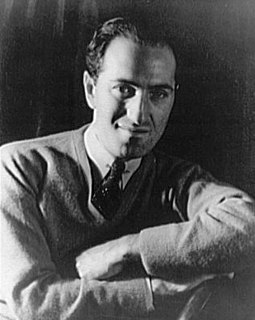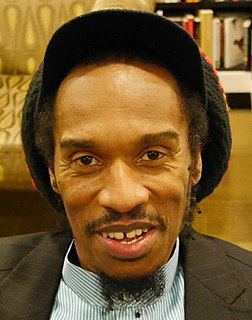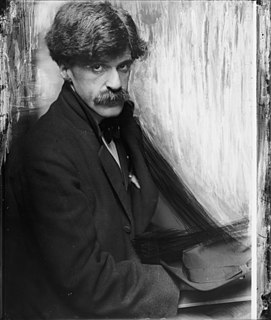A Quote by Alice McDermott
Much of my experience with language was formed in the church, which has an oral tradition. There are lots of repetitions in prayers and song refrains. There's a sense of incantation, that if you call not once and not twice but for a third time, the spirit appears.
Related Quotes
Gershwin's melodic gift was phenomenal. His songs contain the essence of New York in the 1920s and have deservedly become classics of their kind, part of the 20th-century folk-song tradition in the sense that they are popular music which has been spread by oral tradition (for many must have sung a Gershwin song without having any idea who wrote it).
We approach Scripture with minds already formed by the mass of accepted opinions and viewpoints with which we have come into contact, in both the Church and the world....It is easy to be unaware that it has happened; it is hard even to begin to realize how profoundly tradition in this sense has moulded us.
Young men are as apt to think themselves wise enough, as drunken men are to think themselves sober enough. They look upon spirit to be a much better thing than experience; which they call coldness. They are but half mistaken; for though spirit without experience is dangerous, experience without spirit is languid and ineffective.
Popular piety is one of our strengths because it consists of prayers deeply rooted in people's hearts. These prayers even move the hearts of people who are somewhat cut off from the life of the Church and who have no special understanding of faith. All that is required is to 'illuminate' these actions and 'purify' this tradition so that it may become part of the life of the Church today.
God Bless America started to become an almost ritualistic incantation at the end of political speeches really with Ronald Reagan. It appears occasionally before, but it was not that common. And of course since it was a song that wasn't written by Irving Berlin until the 20th century (laughter), none of the 19th century presidents said God Bless America at the end of speeches, either. I think that the symbolism which suggests that everybody is religious and that even presidents who believe in church and state feel obliged to do this.
This is the third time that, in the course of six years, during which I have had the lead of the Opposition in the House of Commons, I have stormed the Treasury Benches: twice, fruitlessly, the third time with a tin kettle to my tail which rendered the race hopeless. You cannot, therefore, be surprised, that I am a little wearied of these barren victories, which like Alma, Inkerman, and Balaclava, may be glorious but are certainly nothing more.
Every individual is at once the beneficiary and the victim of the linguistic tradition into which he has been born - the beneficiary inasmuch as language gives access to the accumulated records of other people's experience, the victim in so far as it confirms him in the belief that reduced awareness is the only awareness and as it bedevils his sense of reality, so that he is all too apt to take his concepts for data, his words for actual things.
I detest tradition for tradition's sake; the half-alive; that which is not real. I feel no hatred of individuals, but of customs, traditions; superstitions that go against life, against truth, against the reality of experience, against the spontaneous living out of the sense of wonder-of fresh experience, freshly seen and communicated.
One of the metaphors of the book is the carpet. Not just the flying carpet, but the carpet as a woven surface in which many repetitions and motifs recur and mirror one another. This is very much reflected within the stories: they have borders within borders, repeated motifs which change. They have their feet in oral conventions, and for the mnemonics, the storyteller needs to have a structure in order to remember the stories.





































